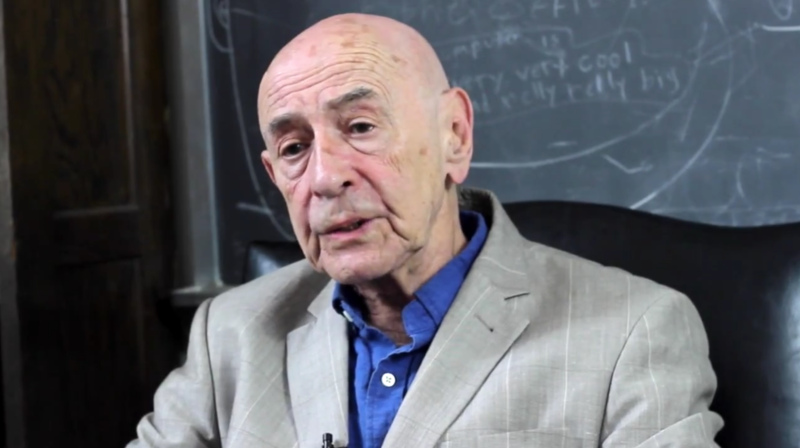
AKIPRESS.COM - The experiment was “simplicity itself,” its creator, psychologist Walter Mischel, would later recall. The principal ingredient was a cookie or a pretzel stick or — most intriguingly to the popular imagination — a marshmallow, Washington Post reported.
In what became known as “the marshmallow test,” a child was placed in a room with a treat and presented with a choice. She could eat the treat right away. Or, she could wait unaccompanied in the room, for up to 20 minutes, and then receive two treats in reward for her forbearance.
Conducting their work at a nursery school on the campus of Stanford University in the 1960s, Dr. Mischel and his colleagues observed responses that were as enlightening as they are enduringly adorable. Some children distracted themselves by putting their fingers in their ears or nose. At least one child caressed the marshmallow as he hungered for it. Only about 30 percent of the children managed to wait for the double reward.
Dr. Mischel, who continued his career at Columbia University and died Sept. 12 at 88, followed a cohort of the children for decades and presented his findings to mainstream readers in his 2014 book “The Marshmallow Test: Why Self-Control is the Engine of Success.”
His observations, widely noted and hotly debated, were striking: Children who had found ways to delay gratification, he found, had greater success in school, made more money and were less prone to obesity and drug addiction.
“What emerged from those studies is a different view of self-control, one that sees it as a matter of skill” and not a matter of “gritting your teeth,” said Yuichi Shoda, a professor of psychology at the University of Washington who worked with Dr. Mischel as a graduate student.
As worried parents conducted marshmallow tests at home, policymakers, educators and motivational speakers found a compelling catchphrase: “Don’t eat the marshmallow!” Even the ravenous Cookie Monster, a mainstay of the children’s TV show “Sesame Street,” was coaxed to resist a cookie.
Meanwhile, some psychologists challenged Dr. Mischel’s findings, arguing that a study group drawn from the privileged environs of Stanford could hardly yield reliable results. Skeptics noted that while affluent families might teach their children to delay gratification, in an effort to encourage financial and other forms of responsibility, children from disadvantaged homes learn that waiting to eat might mean not eating at all.
Dr. Mischel defended his research, emphasizing that in no way did he wish to suggest a laboratory performance — particularly by a preschooler — was destiny. The question, he said, is “how can you regulate yourself and control yourself in ways that make your life better?”
Walter Mischel was born Feb. 22, 1930, to a Jewish family in Vienna. His home was not far from that of Sigmund Freud, the founder of psychoanalysis. “Even as a young child I was aware of his presence,” Dr. Mischel once told the British Psychological Society, “and I suspect at some level I became quite interested in what makes people tick.”
Dr. Mischel’s family enjoyed a comfortable life until the rise of Nazism. His father, a businessman who had suffered from polio, was made to limp through the streets without his cane. Dr. Mischel recalled being humiliated by members of the Hitler Youth who tread on his new shoes. The experience, he told the Guardian, planted in him a desire to understand “the enabling conditions that allow people to go from being victims to being victors.”
